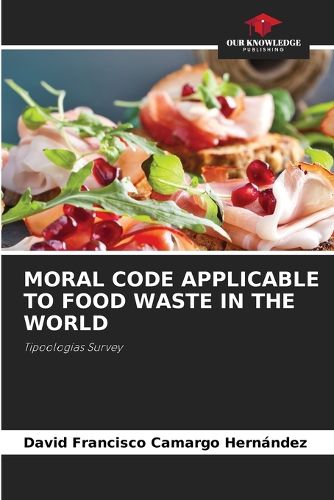Readings Newsletter
Become a Readings Member to make your shopping experience even easier.
Sign in or sign up for free!
You’re not far away from qualifying for FREE standard shipping within Australia
You’ve qualified for FREE standard shipping within Australia
The cart is loading…






It is an immoral act to throw away food because its production involves a high expenditure of labor, water and other natural resources, and the loss occurs in the production, marketing, preparation and consumption of food. One third is wasted. In industrialized countries, wastage occurs in marketing and consumption, while in developing countries, which lack the necessary infrastructure, the greatest wastage occurs in the production, post-harvest and processing phases. The part that is wasted in consumption is called food waste, hence the importance of reducing these levels, since millions of people in poor nations suffer from famine and it is up to us to change our habits so as not to waste food.The environmental cost is very high, since food waste usually goes to landfills where it generates methane, deteriorating the environment. The circular economy is a good alternative that allows the transformation of waste into resources, through an action plan that considers the product throughout its life cycle, as well as the dehydration of food.
$9.00 standard shipping within Australia
FREE standard shipping within Australia for orders over $100.00
Express & International shipping calculated at checkout
It is an immoral act to throw away food because its production involves a high expenditure of labor, water and other natural resources, and the loss occurs in the production, marketing, preparation and consumption of food. One third is wasted. In industrialized countries, wastage occurs in marketing and consumption, while in developing countries, which lack the necessary infrastructure, the greatest wastage occurs in the production, post-harvest and processing phases. The part that is wasted in consumption is called food waste, hence the importance of reducing these levels, since millions of people in poor nations suffer from famine and it is up to us to change our habits so as not to waste food.The environmental cost is very high, since food waste usually goes to landfills where it generates methane, deteriorating the environment. The circular economy is a good alternative that allows the transformation of waste into resources, through an action plan that considers the product throughout its life cycle, as well as the dehydration of food.